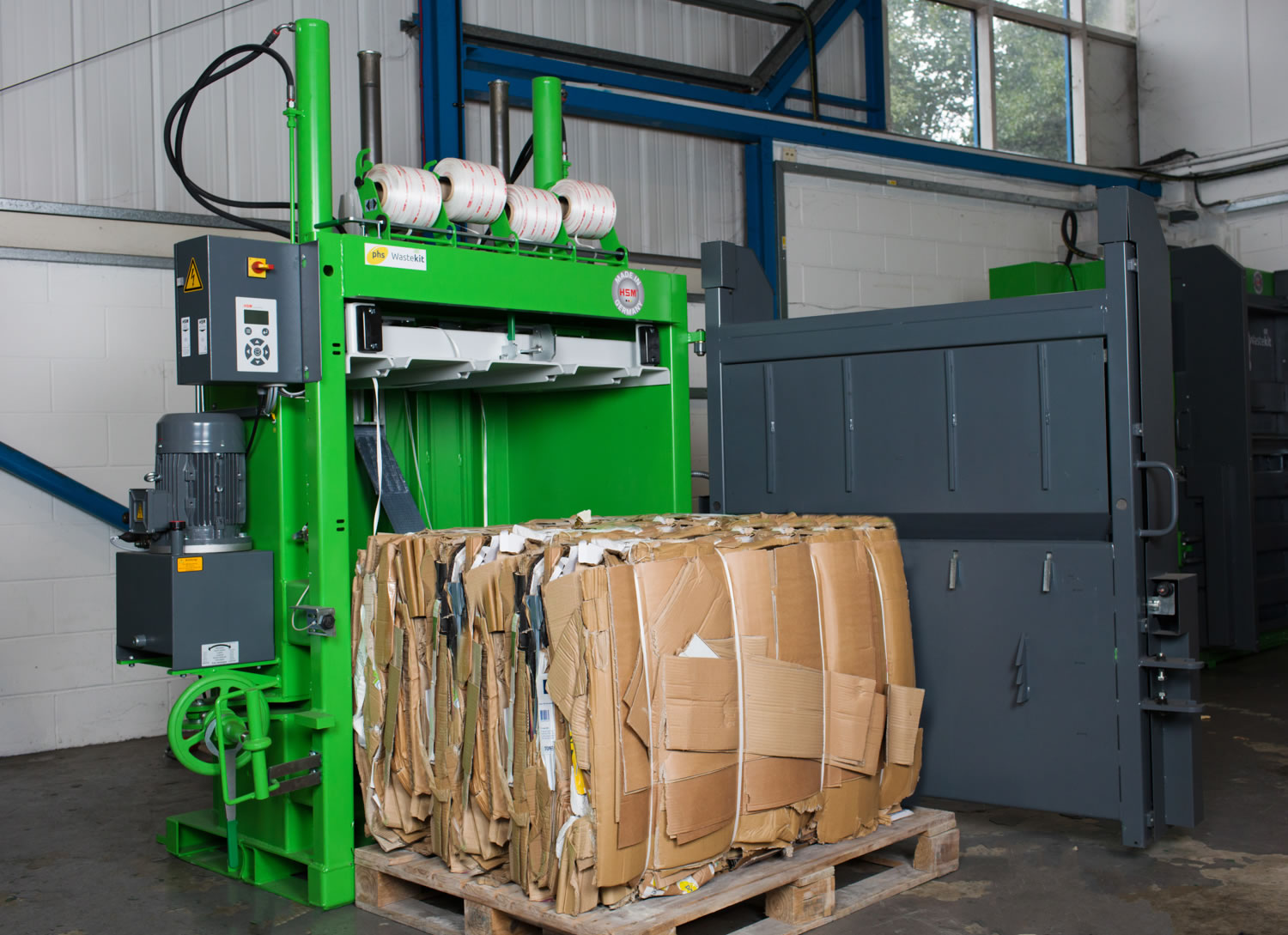The results are in! New survey throws light on sector trends in waste management
Our latest survey revealed that many businesses still need a
better understanding of the opportunities their waste can offer them if
improvements in environmental performance are to be made.
We surveyed over 200 decision makers in retail, hospitality
and food manufacturing to learn more about each sector’s waste management
habits as they entered 2023.
The survey revealed that although 81% of respondents had a
CSR strategy and 75% had an active carbon reduction plan, over a quarter of
those surveyed did not use a baler or compactor as part of their waste management
procedures.
Our Managing Director, Jason Smith, had this to say: “Businesses
have an enormous opportunity for improvement here. Our survey showed that the
average business across these sectors produces 342kg of waste cardboard every
week, which is a lot to manage and dispose of in an environmentally friendly
way.
“Using a baler or compactor creates
an ideal solution for businesses to effectively manage their waste volume, while
also providing an opportunity to generate revenue - making it beneficial both
economically, as well as environmentally. Win-win.”

Remove the barriers for improvement
Jason continued: “Balers and compactors are easy,
cost-effective solutions to reducing your carbon footprint, but it seems a lack
of understanding and knowledge or misconceptions about these types of equipment
is creating a barrier for these improvements.
“Cost and space were the most highlighted barriers to using
balers or compactors as part of their waste management, yet the equipment can
yield significant cost savings and a quick return on investment. A compactor
alone can reduce waste disposal costs by up to 90%. In addition, these types of machinery now
come in many different sizes and shapes giving opportunities for businesses
whatever their premise size.”
The survey also revealed that one in ten did not know that
they can make money from their business’ waste cardboard, and younger decision
makers were also less likely to take up any rebates that they were aware of. A
third of businesses where the decision maker is age 34-45 do not receive any
rebates for either cardboard or plastic recycling.
“Cardboard in particular is a sought-after commodity these
days,” said Jason. “Using a baler gives you the opportunity to bale and sell
your waste cardboard to recycling companies, bringing in extra revenue. This
could be significant given the volumes of waste cardboard these sectors are
reporting in the survey. This could be particularly reassuring income stream
for many, particularly hospitality businesses during quieter trade months, for
example.”
Waste management trends by sector
The survey highlighted the differences between the sectors
in terms of their engagement with modern waste management solutions and
commitment to environmental objectives.
The hospitality industry was the least engaged with waste
management and recycling solutions with 41% of the businesses surveyed not
using a baler or compactor. Furthermore, 21% of respondents do not receive any
rebate for cardboard or plastic and 10% were not even aware that they could.
Retailers also showed less engagement than expected with 20%
not using a baler or compactor.
Food manufacturers showed the highest engagement with 96%
using a compactor and 92% using a baler to manage their waste. They also showed
the highest uptake of cardboard rebates from waste collectors with 86% already
receiving money for their waste cardboard, compared to 77% of those in retail
and 71% of those in hospitality.
“The survey has provided a fascinating snapshot into these
three important UK sectors and how they are addressing waste management going
into 2023,” summarised Jason. “We look forward to working more closely with
hospitality and retail in particular to help them cut costs, generate income
and operate in a more sustainable way in the future.”